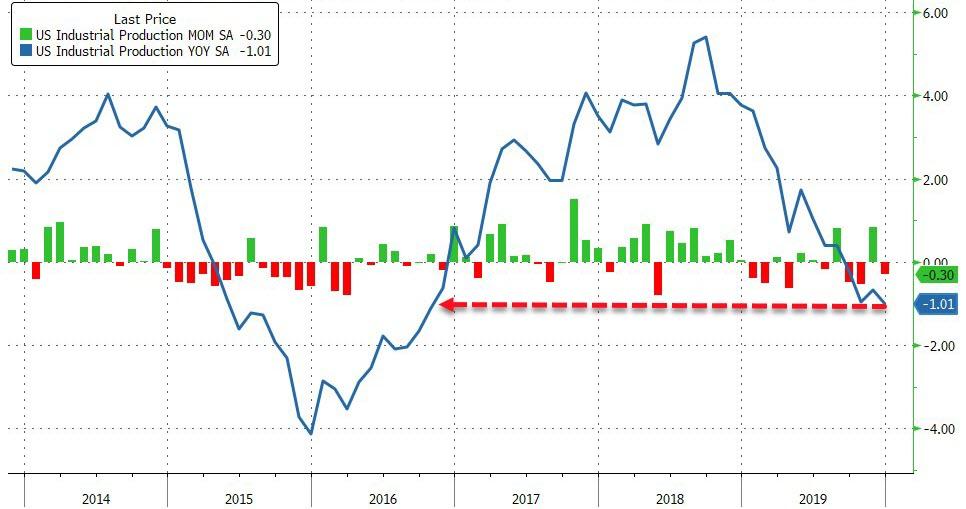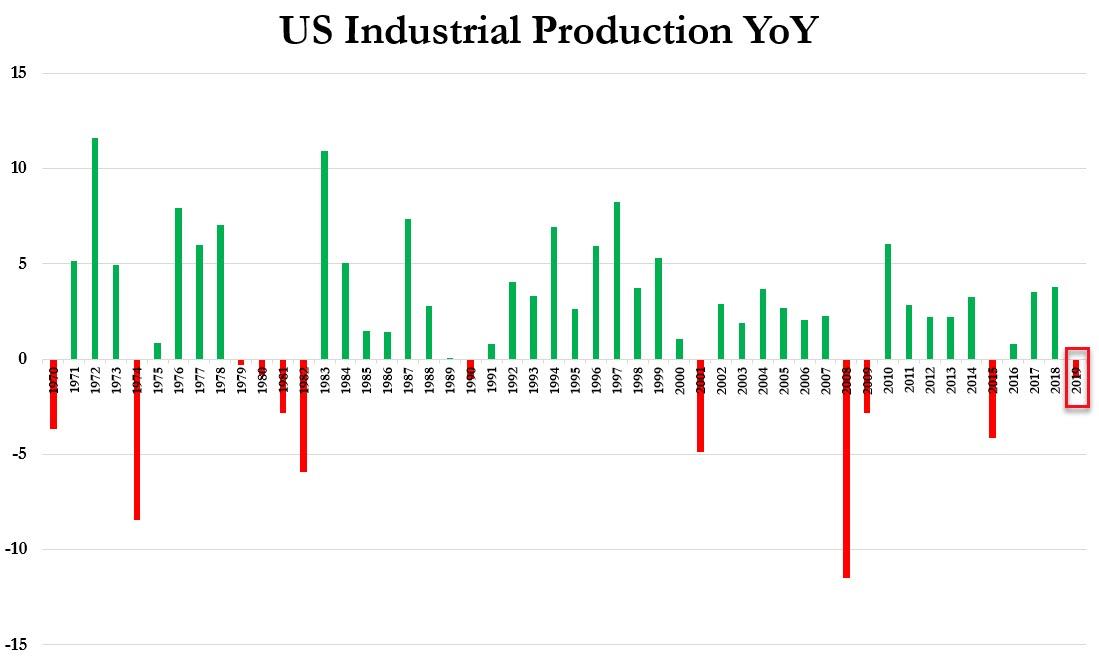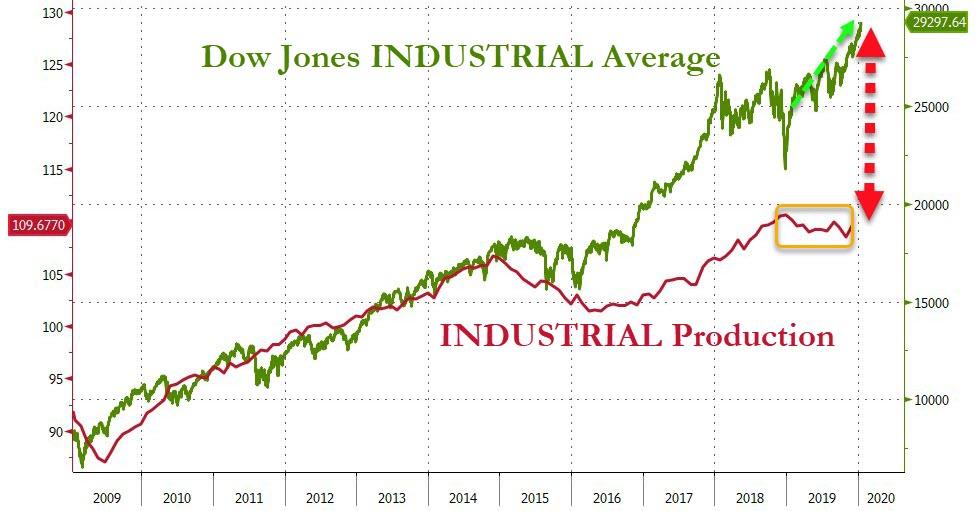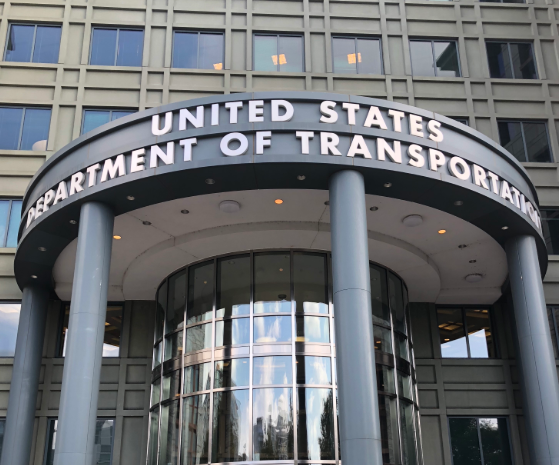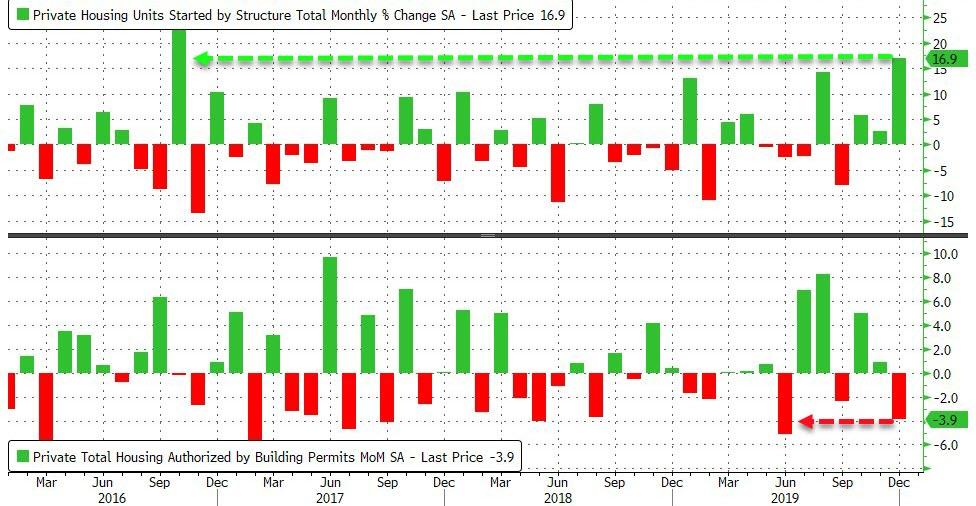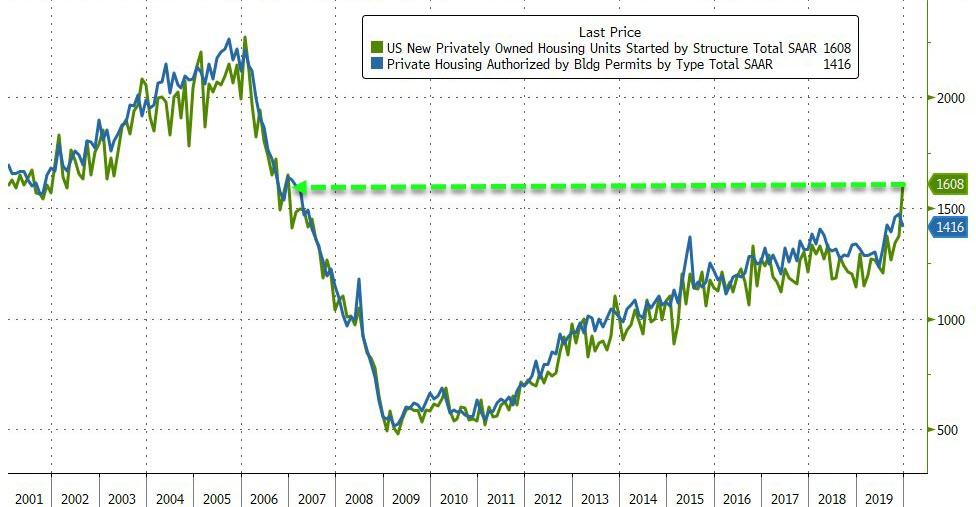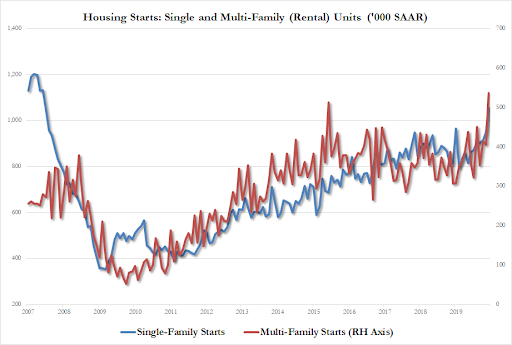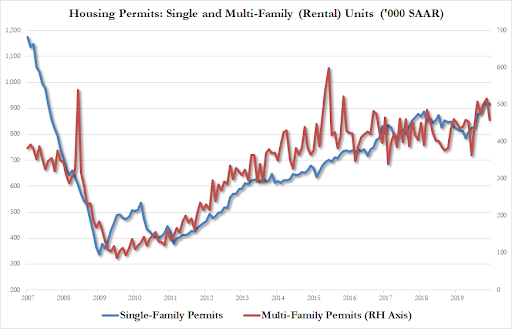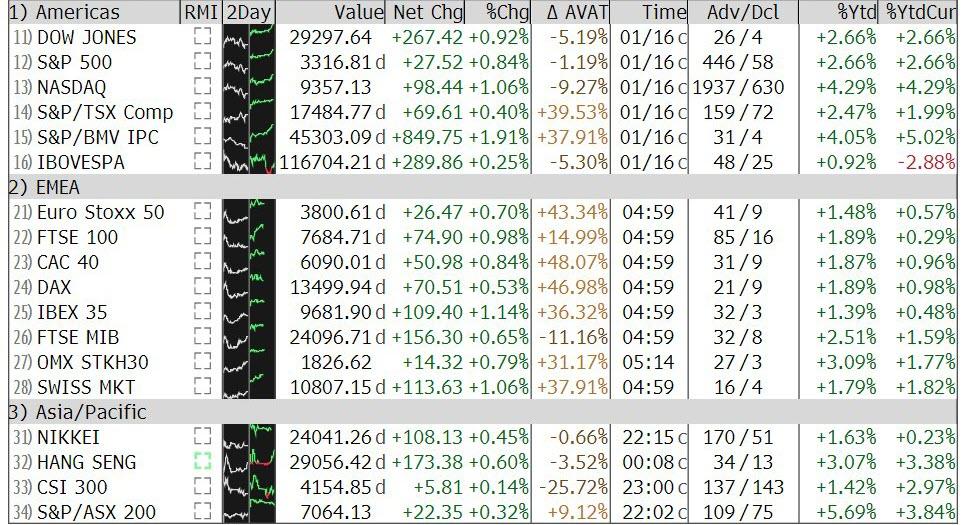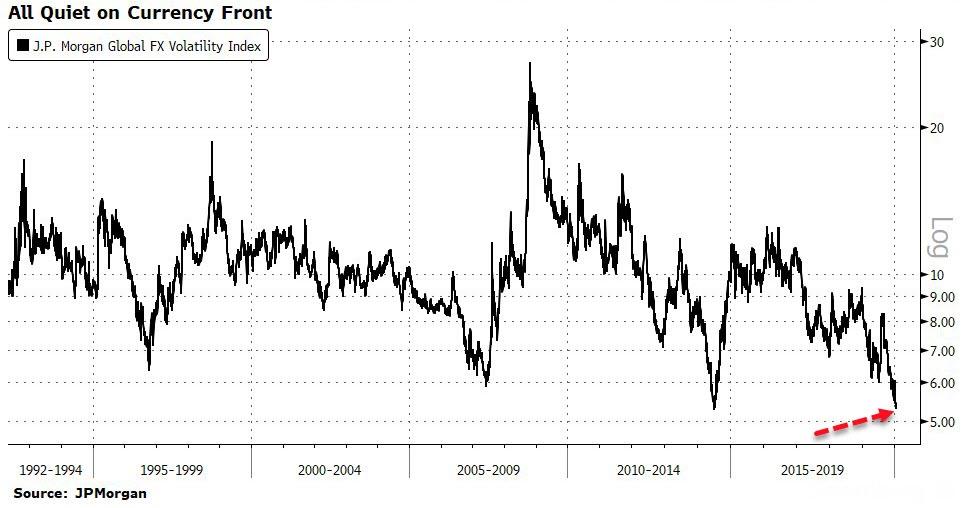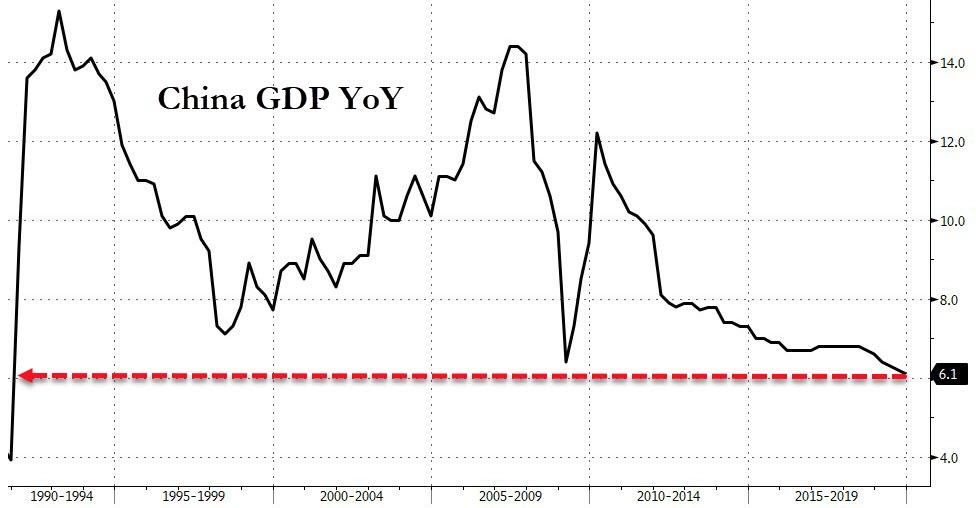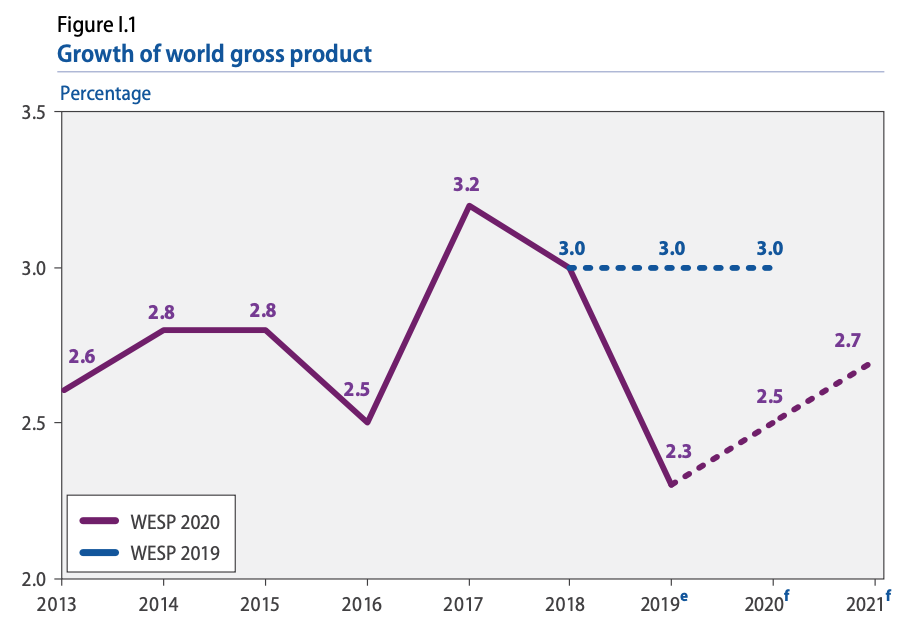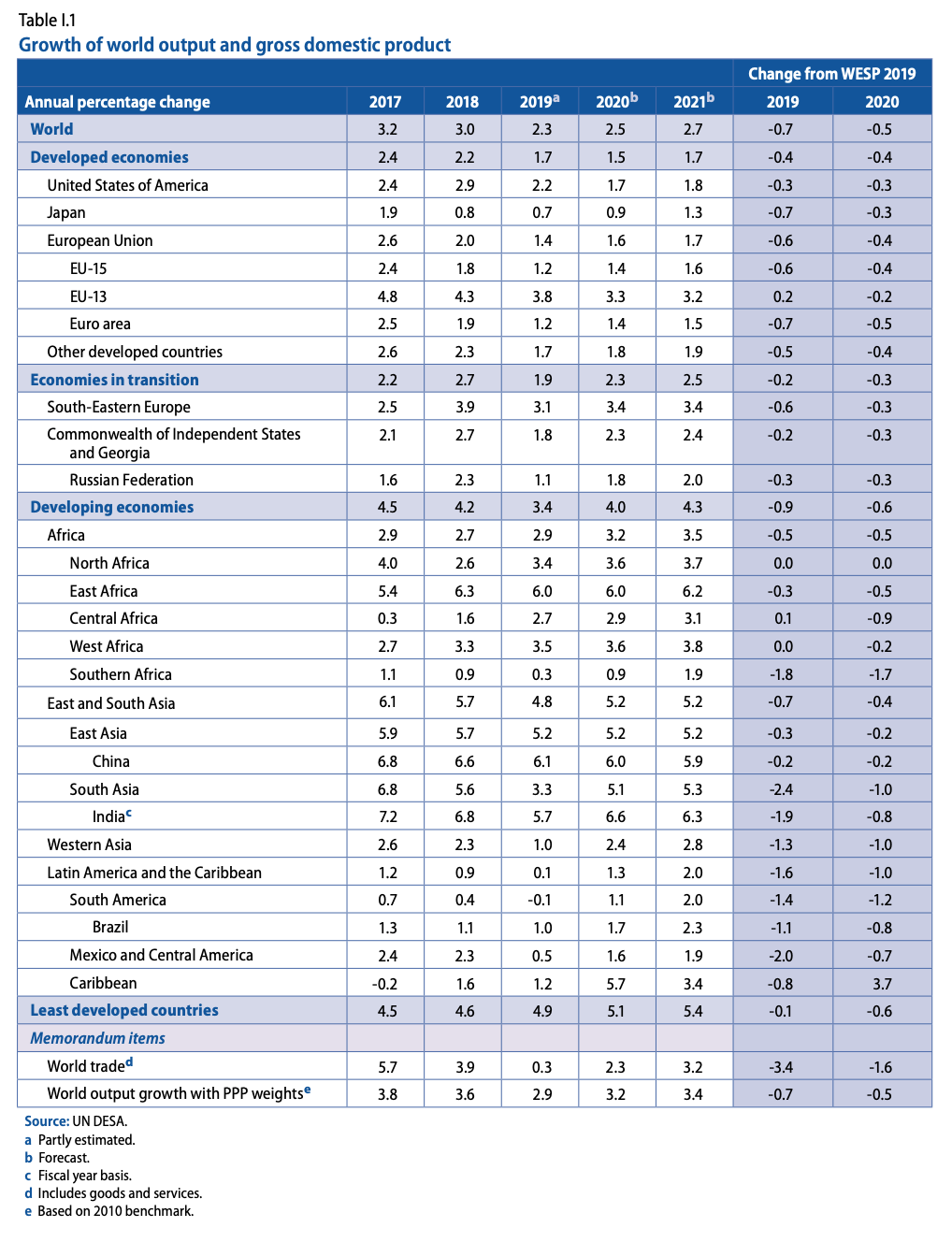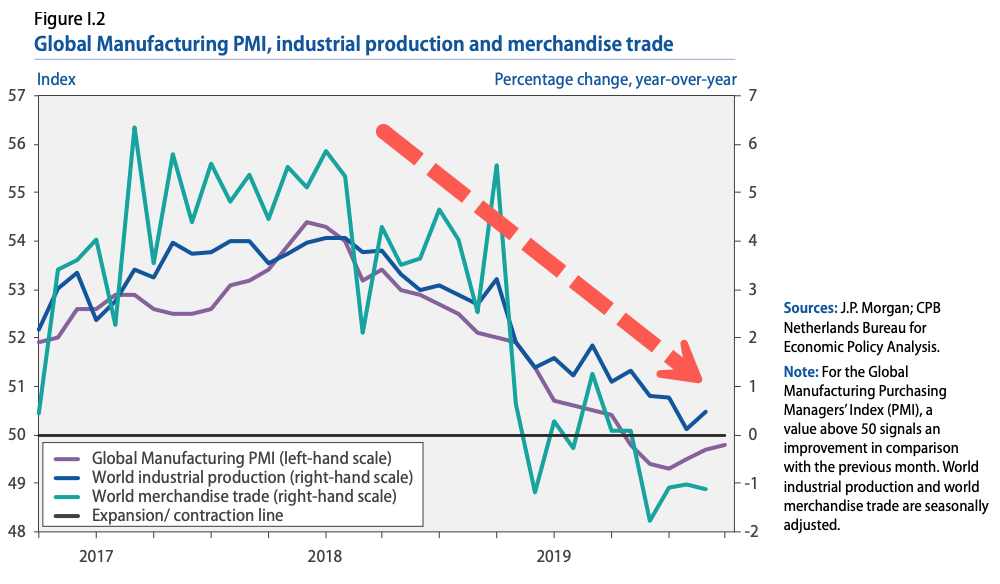After President Trump ordered the extrajudicial killing of Iranian Gen. Qassem Soleimani, Secretary of State Mike Pompeo said publicly that this act of war was justified because of an “imminent” Iranian threat that put “dozens if not hundreds of American lives at risk.” He couldn’t share the intelligence, of course, given its top-secret nature—and then before you know it Pompeo and Trump had largely dropped that storyline.
When pressed for details, both men said they needed to kill another country’s general because Soleimani had been involved in attacks in neighboring Iraq that led to the deaths of Americans. The Iranian general was a loathsome fellow, of course, but a little context seems to be in order.
The George W. Bush administration had declared war on Iraq based on—how do I put this charitably?—claims about the 9/11 attacks that turned out not to be true. Our government’s endless meddling hasn’t led to a few hundred casualties, but to least 500,000 deaths. Some U.S. troops still are there, albeit with an uncertain future after Iraq’s parliament recently gave them the boot as payback for striking the Iranian target while he was in Baghdad.
My favorite recent meme blasts Iran for moving its country so close to dozens of U.S. military installations, thus jokingly getting close to the crux of the issue. Then there was that time the CIA helped overthrow the Iranian government, leading to a revolution that empowered the current imam-ocracy. Before democratic Americans bloviate about the evils of a previously unknown Iranian general, perhaps they should start glaring at their own officials.
“It’s a nearly ineffable mystery how it is decided that Saudi Arabia, womb of the 9/11 hijackers, a backwards and oppressive theocracy…gets to be designated as America’s great ally in the Muslim Middle East,” wrote The American Conservative‘s Scott McConnell. “And that Iran—with its prickly, hostile, but partially democratic regime, its large and at least latently pro-Western middle class…should be an implacable enemy.”
He lamented Trump’s Iran decision, even though he voted for this “disrespectful Washington outsider” because he was more likely than anyone else to ask tough questions about who gets to decide such foreign-policy matters. The good-news story is that, like McConnell, few Americans seemed to be getting caught up in the war fever.
Indeed, many Trump supporters (as opposed to his usual partisans and cheerleaders in Congress and the media) opposed the attack. Democrats were aghast at the president’s policies, as usual. Even more hawkish publications were unimpressed. “While some vague lip service has been given to the idea that America was acting in self-defense against an imminent threat of attack, no such threat has been identified, and no explanation has been offered as to how killing one man could thwart an imminent military strike,” opined The Bulwark‘s Philip Rotner.
Last month, The Washington Post published the Afghan Papers, an investigation that showed that our nation’s military and civilian leadership misrepresented their successes in Afghanistan and had little clue about their goals there. The report was largely ignored against the backdrop of impeachment, but it seems as if many Americans grasped the essential point—that government officials only propagandize about war when their lips are moving.
Fortunately, after threatening on Twitter to attack Iranian cultural sites, Trump decided to back down and move closer to President Barack Obama’s Iranian playbook. That’s OK, because the previous president’s negotiation-oriented policies with Iran—an effort that may even have helped defeat ISIS in the region—is more productive than a policy of bluster and a potential war.
“Donald Trump started with over-the-top, machismo rhetoric toward Iran,” Politico reported. “He ended by backing down so far that he sounded more like his predecessor.” The unnecessary fracas is particularly bizarre, given those much-circulated Trump tweets from 2011 warning that Obama would start a war with Iran to help get re-elected. Trump threatened war before backing down, so he may be more like Obama on Iran than Obama was himself.
The squabble showcases the best and worst aspects of the Trump presidency wrapped into one package. On the best side, Trump is enough of an outsider—and unconcerned about norms and the political establishment’s feelings—to challenge the bipartisan foreign policy status quo that leads from one costly war to another. He hasn’t done much to end wars, but he has seemed less likely than others to immerse the country in a new one. On the worst side, he’s unpredictable and narcissistic, and could bumble his way into trouble.
As of this writing, the country seems to have dodged a bullet. Few people are buying the U.S. government’s unconvincing explanations about “imminent” threats. U.S. troops might finally exit Iraq. A broad-based anti-war movement may be emerging. I never like when governments pound war drums, but Trump’s latest misfire is turning out OK.

from Latest – Reason.com https://ift.tt/2RqIBBl
via IFTTT
